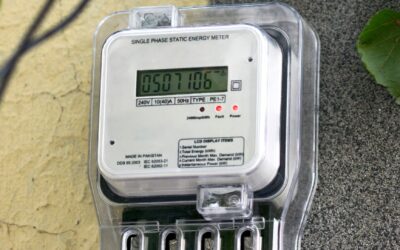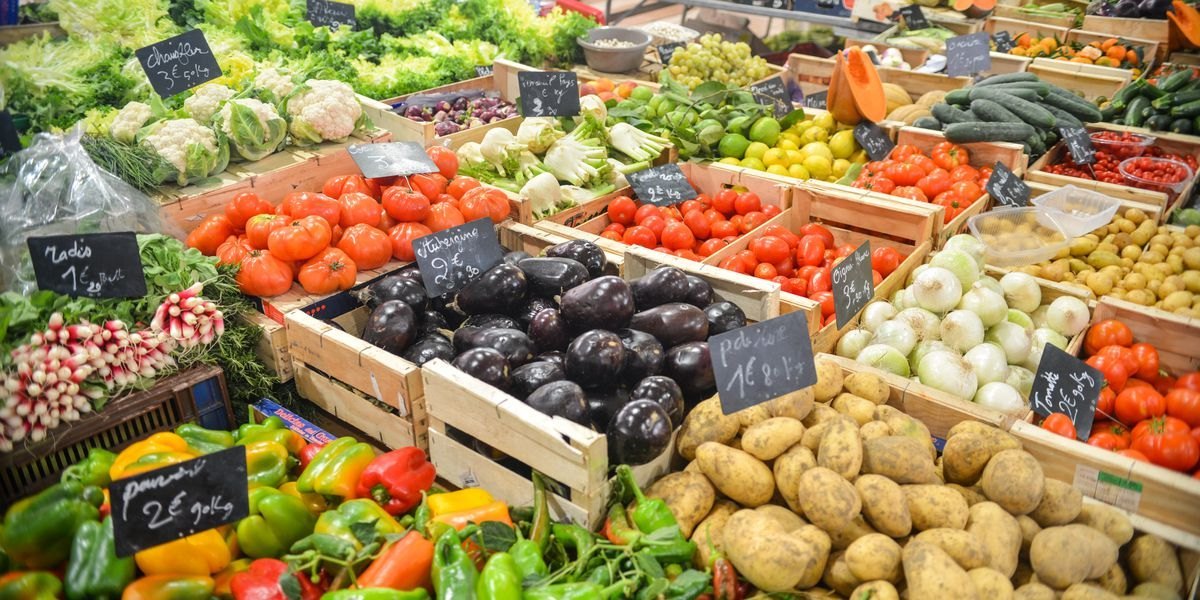JSW Steel Eyes Paradip for Major Expansion to Reach 50-Million-Tonne Capacity by 2030

Port-based infrastructure and cost efficiency make Odisha a strong contender for next steel plant
Bhubaneswar : Paradip in Odisha has emerged as a frontrunner for JSW Steel’s next major expansion project as the company moves closer to its ambitious goal of achieving 50 million tonnes (mt) of steel production capacity within this decade. The Sajjan Jindal-led company currently expects to end this fiscal year with 36.2 mt capacity in India.
According to JSW Steel CEO and Joint Managing Director Jayant Acharya, setting up a plant in Paradip makes “tremendous sense” due to its port-based advantages, lower logistics cost, and ongoing infrastructure development. In the first phase, the company plans to establish a 5 mt steel plant at Paradip.
JSW Infrastructure, a group company, is working on a 302 km slurry pipeline connecting iron ore mines in Joda (Keonjhar district) to Paradip. This pipeline will significantly reduce transportation costs once it becomes operational in FY27. Additionally, two iron ore pellet plants with a combined capacity of 16 mt (8 mt each) are being constructed and are expected to be commissioned in FY28.
Acharya said: “Infrastructure is developing alongside the pellet plant and pipeline. Entering the next phase of steelmaking here is a natural choice. The port is also evolving, and overall logistics costs will be low — this is a major positive.”
The slurry pipeline alone is expected to cut iron ore transportation expenses by ₹900-1,000 per tonne, while the port proximity will save an additional ₹1,500 per tonne in coking coal logistics compared to inland plants.
While the company’s board has already approved capital expenditure to reach 43 mt domestic capacity by FY29 — through expansions such as the 5 mt Dolvi project in Maharashtra, 2 mt debottlenecking at Vijayanagar in Karnataka, and a 1 mt electric arc furnace in Kadapa, Andhra Pradesh — the next leap to 50 mt is under evaluation.
JSW is weighing two main options for its final phase: a greenfield or semi-brownfield 5 mt unit in Paradip, or expanding its Vijayanagar plant in Karnataka by another 5 mt. However, Paradip currently leads due to ongoing investments, strategic location, and political support from the BJP-led Odisha government.
The proposed plant site at Jagatsinghpur spans 2,980 acres — land once allocated to the abandoned Posco steel project — making it a semi-brownfield location. Acharya emphasized that converting the already-invested capital in infrastructure and pellet plants into a steel-making facility requires only an additional investment.
JSW Steel believes that Paradip offers a unique blend of cost competitiveness and strategic positioning. Besides reduced iron ore and coal transportation costs, the port-based location supports seamless exports and imports, offering global trade advantages.
“The operational expenditure will be lower. Therefore, it makes tremendous sense for us to look at that asset in a more focused way. That’s what we are studying right now,” Acharya added.
If approved, JSW Steel’s Paradip project could make it the first Indian steelmaker to reach 50 mt production capacity. With ongoing infrastructure, supportive policies, and lower logistics costs, Paradip is positioning itself as a pivotal hub in India’s steel expansion journey.









